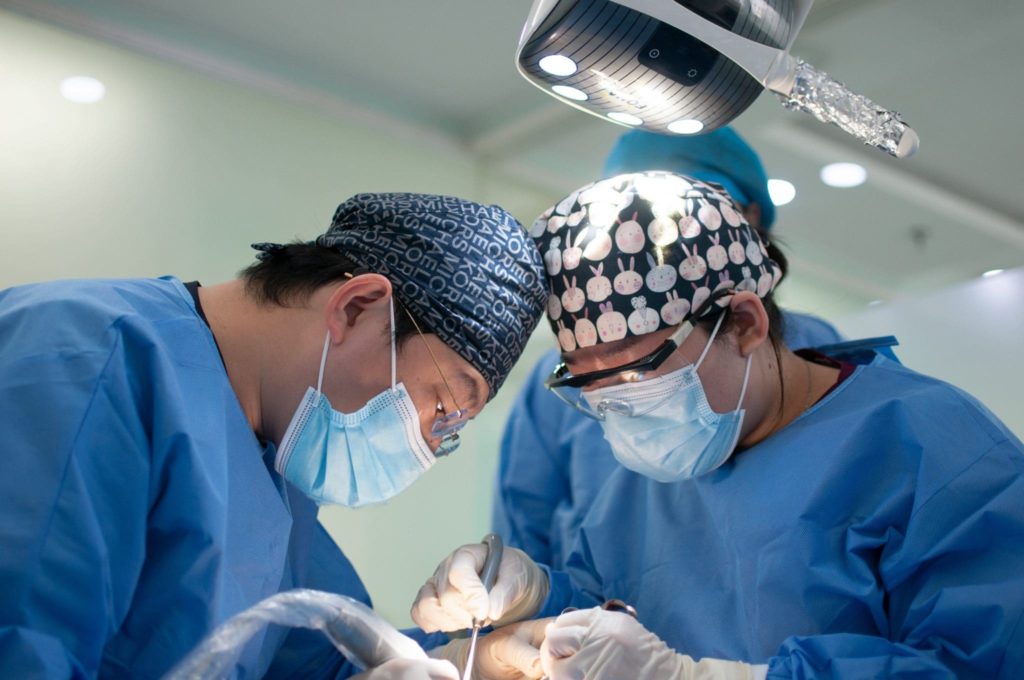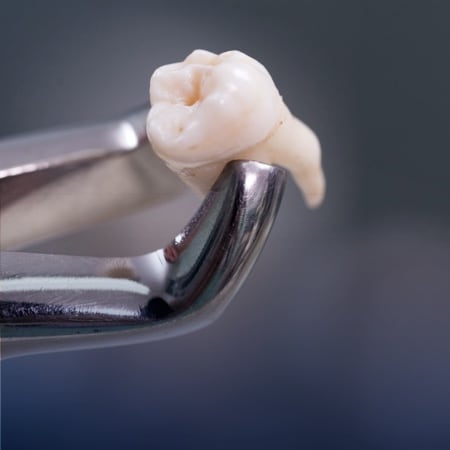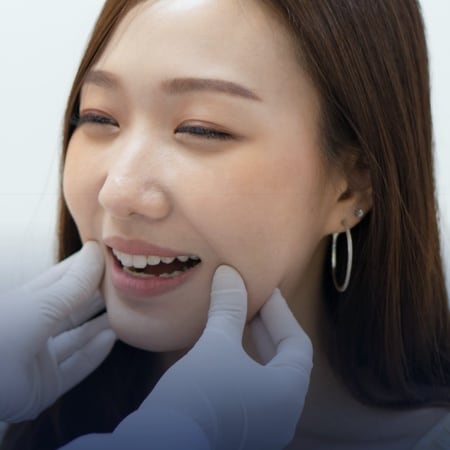Here at CVOS Oral Surgery, our surgeons are proud to offer jaw surgery (otherwise known as “orthognathic surgery”) to patients in need by partnering with their orthodontists.
Today, we are detailing what jaw surgery is, common questions surrounding jaw surgery, and how to know if it is right for you.
What Is Jaw Surgery? What Does it Entail?
A type of surgery designed to correct concerns surrounding the jaw and/or lower face that cannot be solved through simple orthodontics, orthognathic surgery is typically performed by a pair of surgeons and orthodontists to ensure optimal outcomes.
There are four types of orthognathic surgeries:
- TMJ Surgery: If other treatments have not succeeded in alleviating your TMJ symptoms, it may be advised that you undergo TMJ surgery.
- There is arthrocentesis, a minimally-invasive procedure that entails your surgeon using tiny needles to inject fluid into the TMJ to lubricate the joint and flush out inflammatory debris; arthroscopy, that entails a cannula being inserted into the joint in order for your surgeon to then use small tools to operate directly on it; and open joint surgery, wherein your surgeon will make an incision by your ear in order to remove or replace necessary TMJ portions.
- Bimaxillary Osteotomy: A form of jaw surgery that is conducted on both the upper and lower jaw. This type of orthognathic surgery is often accompanied by 3D modelling software to prepare for the surgery.
- Mandibular Osteotomy: A form of jaw surgery that is conducted on the lower jaw (the mandible) only.
- Maxillary Osteotomy: A form of jaw surgery that is conducted on the upper jaw (maxilla) only.
Jaw Surgery FAQs
“Do I need to be referred to CVOS Oral Surgery to be eligible to receive jaw surgery from your team?”
Yes; please visit our Refer A Patient page today to learn more about our referral process.
“What is the standard recovery time for jaw surgery?”
While recovery time for jaw surgery depends on the specific procedure and patient, a standard jaw surgery recovery includes an overnight stay in the hospital and a no-chew diet for the first four weeks post-surgery. One week off of work or strenuous activity post-surgery is advised.
“Are pain medications and/or antibiotics prescribed after jaw surgery?”
Yes. This is typically a combination of a mild painkiller and an anti-inflammatory drug, such as ibuprofen. For upper jaw surgery, a nasal decongestant is often recommended to decrease swelling of the nasal area and aid in breathing immediately post-surgery. Antibiotics are administered before the surgery and are continued post-surgery until the patient is discharged from the hospital. In some circumstances your jaw surgery team may recommend a limited course of antibiotics depending on if an infection is present or may become present.
“Are check-ups needed after jaw surgery?”
Depending on the type of orthognathic surgery performed, we may request to see patients at the following intervals: one week, four weeks, six weeks, and twelve weeks. This is to ensure that healing is going as it should be.
How to Know if Jaw Surgery at CVOS Oral Surgery is Right For You
Jaw surgery can be recommended for the following reasons:
- To adjust your bite when orthodontics alone cannot
- To aid in overall face symmetry
- To ease pain when other TMJ treatments have not corrected the concern
- To repair facial injuries or congenital conditions (such as a cleft palate)
- To halt chronic teeth-grinding
- To address sleep apnea or mouth breathing
Contact us today to learn if jaw surgery is right for you (or if you have further jaw surgery-related questions or concerns!)









